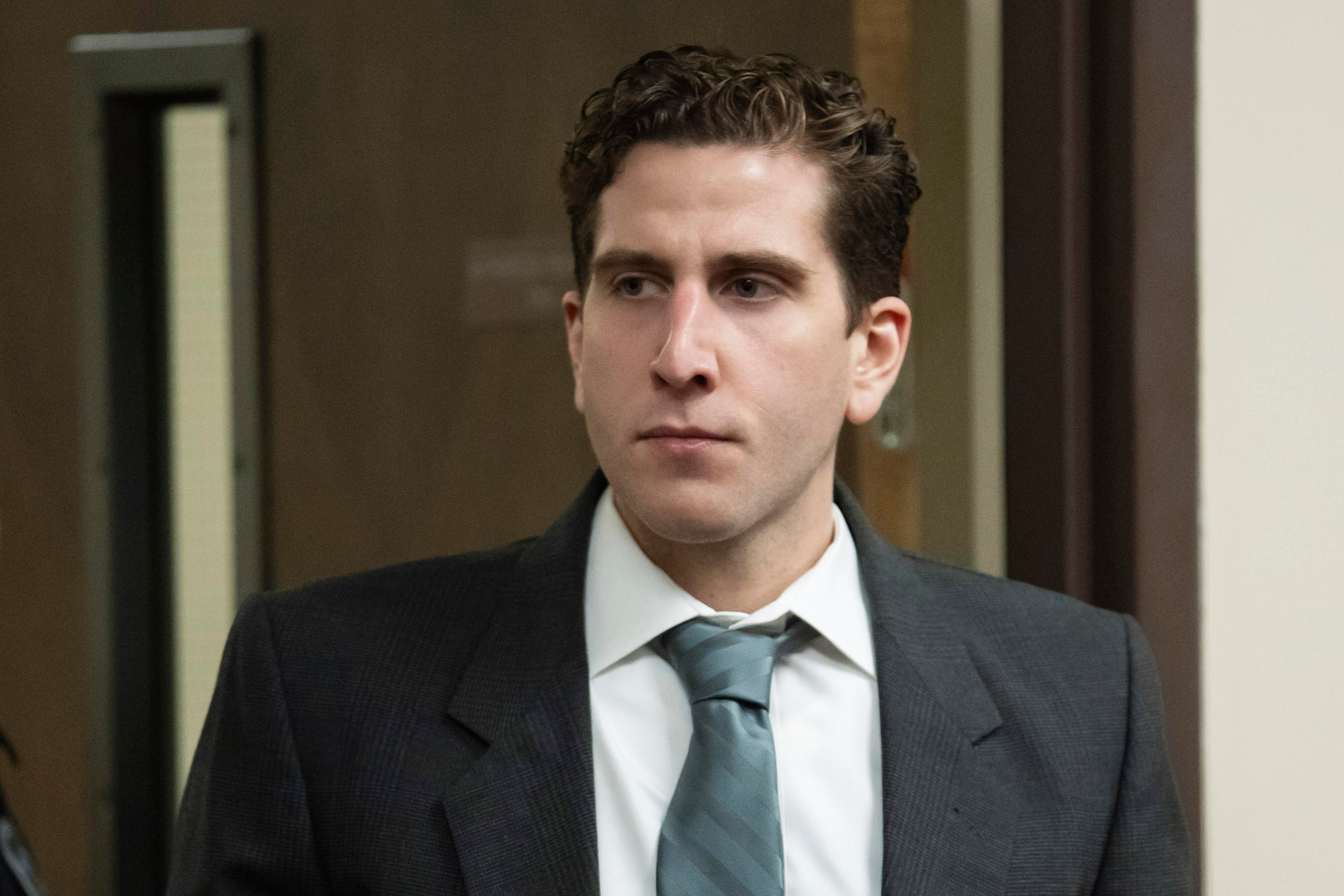Prosecutors and attorneys for Bryan Kohberger, the man charged in the killings of four University of Idaho students in 2022, argued some of the final ground rules they want for his trial Wednesday during the first day of a two-day hearing.
Kohberger, 30, is accused in the stabbing deaths of Ethan Chapin, Xana Kernodle, Madison Mogen and Kaylee Goncalves at a rental home near campus in Moscow, Idaho. Prosecutors say the four were killed in the early morning hours of Nov. 13, 2022, and their bodies were discovered later that day.
Kohberger, then a criminal justice graduate student at Washington State University, was arrested in Pennsylvania weeks after the killings. Investigators said they matched his DNA to genetic material recovered from a knife sheath found at the crime scene.
A judge previously entered not guilty pleas on Kohberger’s behalf when he remained silent after being asked how he pleaded.
Attorneys for the prosecution and defense have submitted more than 170 legal filings ahead of Kohberger’s trial, CBS News correspondent Jonathan Vigliotti reported Wednesday on “CBS Mornings.” Among the filings are motions addressing whether Kohberger should face the death penalty if convicted, whether witnesses should be allowed to testify about issues like “touch DNA,” and whether certain people should or should not be allowed in the courtroom during the trial.
The hearing gives the attorneys a chance to make their case in person, discussing the legal reasoning behind their requests, and gives 4th District Judge Steven Hippler a chance to ask the attorneys questions as he weighs their arguments.
Hippler can “rule from the bench” — simply telling the attorneys what his decision is on each request — but he can also decide to issue a written ruling sometime after the hearing is over.
Here are some of the motions discussed.
Amazon purchase data
Kohberger’s defense team sought to limit how much of their client’s online shopping data can enter the court, as prosecutors allege the suspect used his Amazon account to purchase what they believe to be the murder weapon — a Ka-Bar knife with sheath and sharpener — and legal filings show they want to introduce evidence of his “click history” at Amazon.com.
Kohberger’s attorneys have argued others had access to the account.
Hippler said the defense is entitled to make the argument that Kohberger did make the purchase, but did not find grounds to exclude the click data as evidence.
Investigators never found the Ka-Bar knife, although they did discover a sheath next to one of the victims at the crime scene. Defense attorneys have suggested the paraphernalia was planted, in another attempt by Kohberger’s representation to push back on evidence that’s central to the prosecution’s case.
Ted S. Warren / AP
Roommate testimony
Kohberger’s lawyers have argued against the admissibility of testimony from one of the slain women’s surviving roommates, who claims to have seen a masked man with “bushy eyebrows” in the house the night of the murders. His lawyers suggested the testimony could unfairly influence the jury.
Prosecutors want to introduce a photo that Kohberger took of himself hours after the time of the killings because they say it shows what he looked like at that time.
Hippler did not make a ruling on the testimony Wednesday.
911 call
The defense and prosecution presented arguments over whether jurors should hear audio of a 911 call made by two women in the house roughly eight hours after the killings, as they realized one of their roommates wasn’t waking up.
One of the callers is repeating information she had been told, but the prosecution argued it is an exception to a rule against hearsay because it is “excited utterance,” or a statement made amid a stressful event.
Hippler said much of the call meets the qualifications to be presented, but said he will give more specific guidance.
Death penalty
If the jury finds Kohberger guilty, the defense team asked the judge to issue an order that says Kohberger’s autism-related characteristics can’t be used by prosecutors as “aggravating factors,” or reasons that he should get the death penalty.
The prosecution team countered that they have much better aggravating factors to present and don’t plan to use Kohberger’s autism spectrum condition if the case reaches the penalty phase. But they also don’t want the defense to be able to chalk up anything as being related to autism.
Hippler said he will issue a detailed ruling later, but for now is issuing a general ruling that the state can’t use autism as an aggravating factor.
Kohberger’s family
The prosecution has listed Kohberger’s family as potential witnesses. Typically, witnesses are excluded from trials until after they have testified so their testimony isn’t influenced by other evidence they may see.
But the defense team says Kohberger’s family should be able to attend because it is the humane thing to do and Kohberger relies on their support.
Hippler asked the prosecutors to call family members as quickly as possible and said he will issue a ruling later.
When does Kohberger’s trial start?
Jury selection in the case is expected to begin July 30, with the trial starting Aug. 11 in the Ada County Courthouse in downtown Boise.
The trial is expected to take nearly three months to complete, lasting into the start of November.

